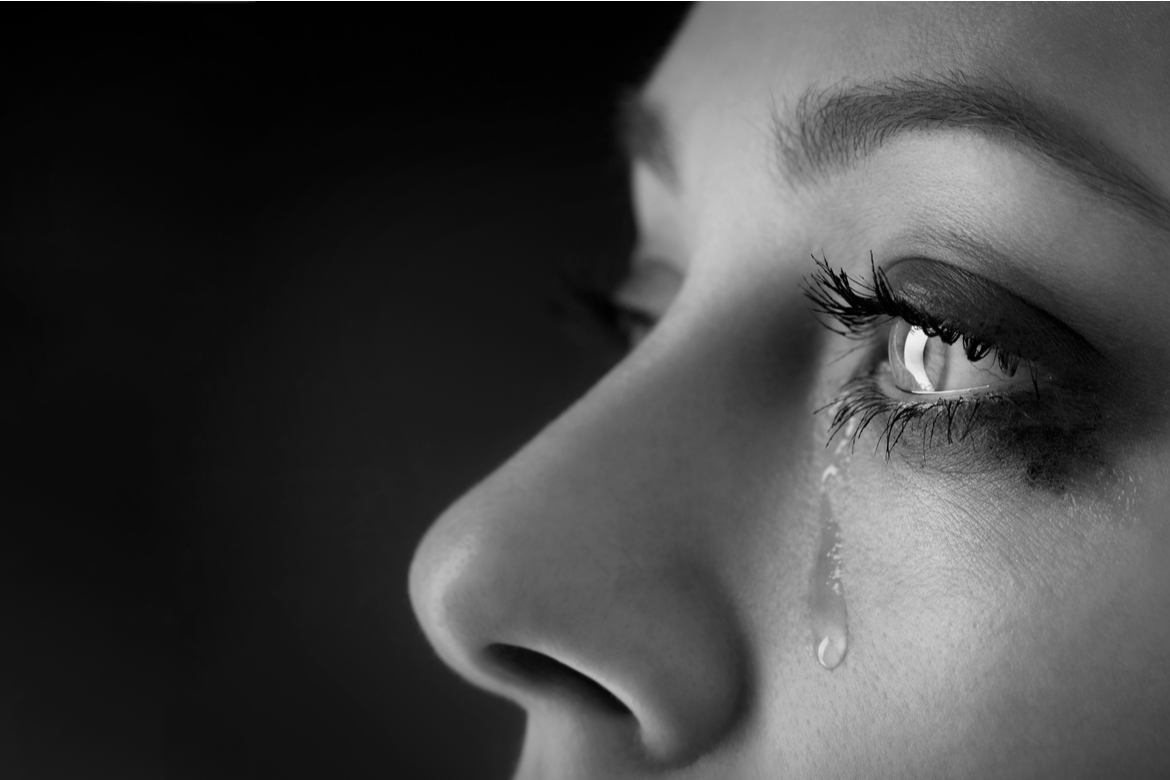One of the most curious parts of this week’s parashah has to do with the Torah’s description of two of our Matriarchs. While running away from his evil, murderous brother Esau, Jacob also seeks to find the righteous marriage partner with whom he will establish the twelve tribes of Israel. He meets Rachel and immediately realizes that she is this special one. However, there is actually an older sister, Leah. Although Leah was the proposed match for Esau, through her relentless, tearful prayers she succeeded in reversing her fortune and would now marry Jacob, too.
The Torah describes their striking difference in appearance: “Leah’s eyes were tender [weak], but Rachel had beautiful features and a beautiful complexion” (Genesis 29:17). This description of Leah’s eyes seems to imply something negative, but our Rabbis interpret it as a compliment. If it’s positive, why did the Torah find it necessary to describe Leah’s appearance in a seemingly negative light?
Before the universe was created, there was only Oneness. Falsehood and illusions could not exist in the truth of God’s Oneness. However, in order to allow for the possibility of free will, God created the world in a way that He became hidden, allowing a perceived separation between His Oneness and “life” in general. Now there was an illusion of our existence being a free-standing, independent experience.
Esau lived in this independent, material bubble. He recognized that Isaac had the ability to bless him with tremendous bounty, but his overindulgence in material pleasures blinded him to the spiritual purpose of the blessing. Instead, he focused only on the illusory self-gratification that this world had to offer. He divorced his existence from God’s Oneness as the Source of everything in creation.
Leah was a spiritual giant. She understood what Esau was all about and wanted no part of him. But what was she to do? She was destined to marry him. So Leah attacked the source of Esau’s behavior. The eyes represent seeing not just in the physical sense, but also in the spiritual sense. We each have the ability to rise above the physical nature of this world to see God’s Providence in our lives. Our every experience is brought about through His direct influence. By living with this understanding, we can connect this world back to God’s original Oneness.
Yet the falsehoods of this world often deceive us into separating from God’s Oneness. Then God becomes hidden from us. When this occurs, our existence feels purposeless, and life and its challenges become overbearing. We become sad and shed tears. God’s Providence that had lit up our eyes gets washed away in these tears and we become glassy-eyed, no longer able to see and experience Him.
Esau cried because he lost his material blessings and his self-indulgent existence was now in a sad state. Leah cried because she did not want to be part of his life of separation from God’s Oneness. Through her Heaven-bound tears, Leah reconnected the existence that Esav had divorced from God and redeemed the light of Providence that was washed away by his tears. She thus fulfilled whatever connection with Esau she was destined to have, and was no longer bound to him.
Leah’s appearance is described through the negative of crying because a person cries when he is separated from the joyful state of God’s Oneness. Because her fate was joined with Esau’s, Leah was seemingly bound to that “existence.” But we learn from her response that when we have separated from God and fallen into a state of disconnect and sadness, our very tears contain the washed away light of God’s Providence. This is because God is never truly hidden from us; it’s just an illusion of this world. By taking back those tears and now crying to God with the hope that He reveals Himself to us once again, we reconnect our existence to God’s Oneness and are now able to experience the greatness of His blessings. Amen!
Likutey Halakhot, Shluchin 3


1 comment
So beautiful and deeply moving. Baruch HaShem.